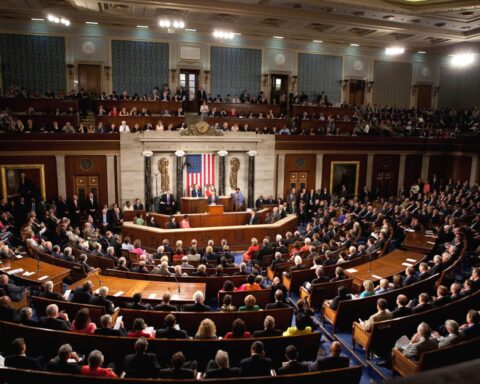Arizona has taken a significant step in integrating digital assets into state-level finance with the enactment of House Bill 2749. Signed into law by Governor Katie Hobbs, the bill creates a reserve fund composed of Bitcoin and other digital assets without relying on taxpayer dollars.
Hobbs Chooses Caution Over Aggression
This move comes shortly after Hobbs vetoed Senate Bill 1025, a more aggressive proposal that would have allowed the state to invest up to 10% of its treasury and pension assets in Bitcoin.
In her veto statement, Hobbs said, “Arizonans’ retirement system is strong because it sticks to proven investment strategies,” expressing concern about exposing public retirement funds to untested digital assets.
By contrast, House Bill 2749 gained her support thanks to its conservative, budget-neutral design. Dennis Porter, CEO of the Satoshi Action Fund, highlighted that of all the crypto legislation presented, HB 2749 was Hobbs’ preferred choice.
How the Reserve Fund Will Work
Backed by Representative Jeff Weninger and supported across party lines, the bill directs the state treasurer to manage a reserve fund consisting of digital assets received via airdrops, interest, and staking rewards.
Assets held for more than three years without any activity—such as logging in, initiating a transaction, or contacting the custodian—will be considered abandoned. In such cases, any earnings from those assets will be transferred into the reserve fund.
Importantly, the law mandates that the state must sell any digital assets at or above prevailing market prices. These sales will take place via regulated exchanges or other “commercially reasonable methods” for less-liquid tokens.
Comparison to New Hampshire’s Proactive Stance
Arizona’s law is more conservative compared to New Hampshire’s recently signed HB 302, which authorizes the direct allocation of up to 5% of state funds into Bitcoin. Unlike Arizona’s fund, which passively accumulates assets, New Hampshire’s legislation permits active investment and long-term crypto holding.
Nevertheless, Arizona’s HB 2749 lays crucial groundwork by integrating digital assets into public financial planning in a cautious, controlled way. It signals the state’s willingness to innovate without taking on undue financial risk.




